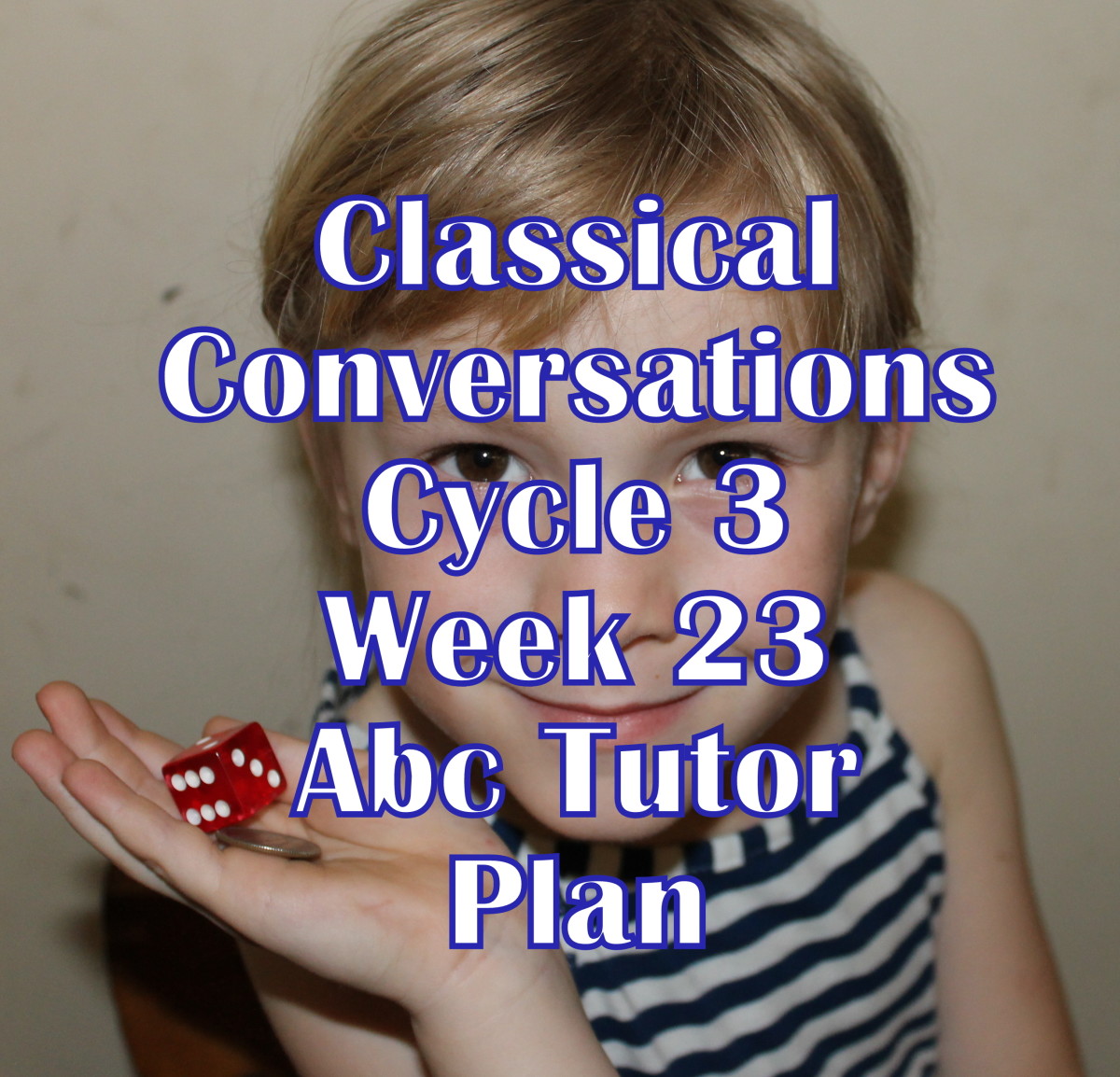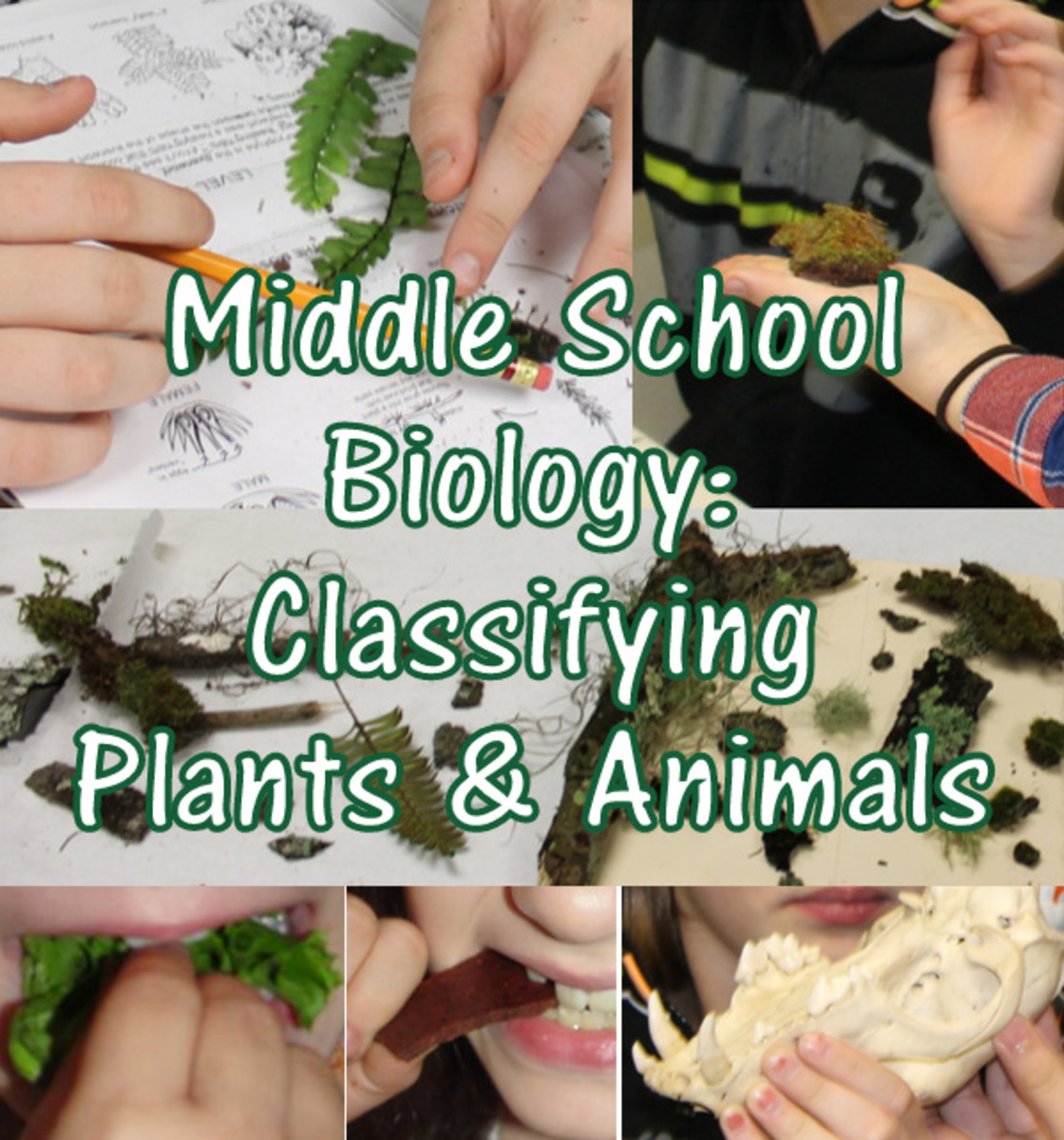Fun with Idioms in ESL Lessons

ESL English Idioms
Idioms, clichés and set phrases are all fairly similar in their meaning and the way in which they are used.
- A set phrase is a group of words that when they are used together have a particular meaning.
- An idiom is a group of words whose meaning is different from the meaning of the individual words.
- A cliché is a phrase or idea that has been used so often that it is no longer interesting or effective. However, it is worth noting that what is a cliché for one person may be an entirely new phrase for another person; just as a first introduction of Cuisinaire for mathematics can be for someone who has never encountered it before.
ESL teachers can see how confusing these English phrases and idioms can be for students and in the early stages of learning for their students, as well as speaking fairly slowly and with a limited vocabulary, the teachers try to keep their communications with their students as clear as possible of idioms, to prevent that confusion. However, especially if the students are living in an English-speaking environment, they will soon encounter idioms as they progress.
By the time the students have reached an intermediate level of competency, they are ready to be extended and teaching idioms to ESL students can be fun for both students and teachers. Students will probably find that some English idioms are similar to those in their own language, while others can be completely puzzling. When preparing lessons involving idioms, it is surprising just how many idiom categories there are, so it is probably best to choose only one or two categories at a time for each lesson.
Idiom Categories
There are innumerable categories and some of them can easily be found on the Web, but once you have chosen a category for your students to discuss and learn about, it can be interesting to find out if they have already come across them and which ones they could understand and which needed to be explained. If the student group is small, it can be discussed with the teacher, but if it is bigger it can work well if the students are divided into pairs or small groups.
It is useful to note that many English expressions and idioms are country specific or even area specific, such as some that would be readily understood in a farming community, but would completely mystify a city dweller. Some idioms for ESL students may be interesting and relevant, while others may quickly be overused and become clichés.
Categories include idioms about animals, the body, clothes, death, food, money, plants and flowers, religion, transport, the weather, and many more. Within some of the categories there can be just a few idioms, while in others there may be a hundred or more.
To give an idea of what is in an idiom category, see the following list, but even these are not exhaustive and you will probably think of several more.
Plants and Flowers
This list could be much longer, but it will give an idea of the variety of idioms that are just under this one category. A number of these expressions are often used in the negative, as in: His life is certainly not a bed of roses.
A bed of roses: easy, comfortable
Barking up the wrong tree: To be wrong, to misunderstand
To beat about the bush: To prevaricate, to not say something straight out
Can't see the forest for the trees: To be so concerned with small details that they cannot view the whole objectively
Clutching at straws: Trying anything, but not likely to succeed
Come up smelling like roses: To emerge victorious from a difficult situation
Easy as falling off a log: Easy, simple
Fall off the twig: Die
Gild the lily: To unnecessarily add more to something already complete
Hit the hay: Go to bed
Lead someone up the garden path: To deceive, to lead someone astray
Let the grass grow under your feet: To procrastinate, to waste time
Make hay while the sun shines: To not waste time, to act as quickly as possible
Find a needle in a haystack: Very difficult or impossible to find or solve
Practice With Idioms
As you and your ESL students investigate the use of idioms together, you will find that many are quite ancient and can be found in literature that is hundreds of years old. There are even some that are still used that can be found in the Bible.
Suggested Practice Exercises:
- Students could put idioms that you choose into context in sentences
- They could rewrite sentences that contain idioms, changing them to plain English
- They could search for examples of idioms and clichės in magazines and newspapers.
It is interesting that the categories that seem to have the most idioms are related to basic human needs, such as food, clothing and shelter. It gives you food for thought, doesn't it?
More ESL Ideas
- How to Use Drama in ESL Lessons
The use of drama in ESL lessons can be helpful for revision and reinforcing language use and learning in an enjoyable way. Drama can be utilised for ESL classes for youngest children right through to older students and adults. - Tag Questions in ESL Lessons
Teaching about the different types of questions used in English is important in ESL. One type is the tag question that may use either an auxiliary verb or a modal. Some say that tag questions are gender markers and that women use them more than men.









